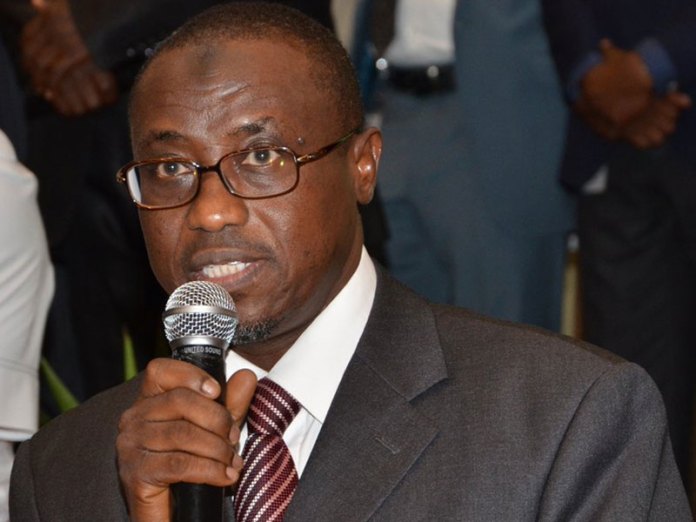- Remaining Parts of PIB’ll be Passed Before July – NNPC
The three remaining aspects of the Petroleum Industry Bill will be passed before the end of June this year, the Nigerian National Petroleum Corporation has stated.
It said on Thursday that this was based on the assurance it had received from the National Assembly that the remaining parts of the omnibus PIB, which was split into four different aspects, would be passed before the end of the second quarter.
Of the four parts of the bill, only the Petroleum Industry Governance Bill has been passed by the National Assembly and is awaiting the assent of the President.
The Petroleum Fiscal Bill, Petroleum Administration Bill and the Petroleum Host Community Bill are all awaiting legislative deliberation and consideration.
This is coming as the corporation stated that oil companies operating in Nigeria were flaring 700 million standard cubic feet of gas daily, capable of generating an equivalent of 5,000 megawatts of electricity.
The Group Managing Director, NNPC, Maikanti Baru, stated this at the 2018 Oloibiri Lecture Series and Energy Forum organised by the Society for Petroleum Engineers in Abuja.
Baru, who was represented by the corporation’s Chief Operating Officer, Upstream, Bello Rabiu, said, “In the area of policy, the popular omnibus single Petroleum Industry Bill has been broken into parts for quick review and passage by the National Assembly.
“As you are aware, the first part of the bill, the Petroleum Industry Governance Bill, was passed by the House recently. When the other sections of the bill are finally passed, it will unlock over $10bn of investment held up due to uncertainty.
“The promise we got last week from the National Assembly was that before the end of the second quarter of this year, which we see as the 30th of June, they promise that the three other bills will also be concluded and passed. So, hopefully, 2018 will see the end of all the discussions around the PIB, which started in the year 2000.”
Baru, however, noted that the volume of gas flared by oil and gas companies had dropped from 2.5 billion standard cubic feet per day to the current level of 700mmscf daily.
He also stated that the NNPC had identified seven critical gas development projects scheduled to deliver about 3.4 billion scfpd on an accelerated basis to bridge a projected medium term supply gap by 2020.
According to him, the gas projects include the development of the 4.3 trillion cubic feet Assa North/Ohaji South field, development of the 6.4Tcf unitised gas fields (Samabri-Biseni, Akri-Oguta, Ubie-Oshi and Afuo-Ogbainbri) and the development of the 7TCF NPDC’s OML 26, 30 and 42.
Others are the development of the 2.2Tcf Shell Petroleum Development Company JV gas supply to Brass Fertiliser Company, cluster development of 5Tcf OML 13 to support the expansion of Seven Energy Uquo Gas Plant and the cluster development of 10Tcf Okpokunou/Tuomo West (OML 35 and 62).
The NNPC GMD said the Federal Executive Council recently approved the contract award of the 40-inch by 614km Ajaokuta-Kaduna-Kano pipeline and associated facilities, adding, “This pipeline is expected to supply natural gas to power plants and industries in the northern part of the country.”
The Nigeria Council Chairman of SPE, Chika Nwosu, charged industry operators and policymakers to note the popular aphorism that the Stone Age did not end because mankind ran out of stones.
He warned that the world might not wait for the oil barrels to dry up before moving to other sources of energy.

 Naira4 weeks ago
Naira4 weeks ago


 Naira4 weeks ago
Naira4 weeks ago




 Naira4 weeks ago
Naira4 weeks ago




 Naira3 weeks ago
Naira3 weeks ago
 Commodities4 weeks ago
Commodities4 weeks ago


 News4 weeks ago
News4 weeks ago
 Travel4 weeks ago
Travel4 weeks ago




 Naira3 weeks ago
Naira3 weeks ago






















